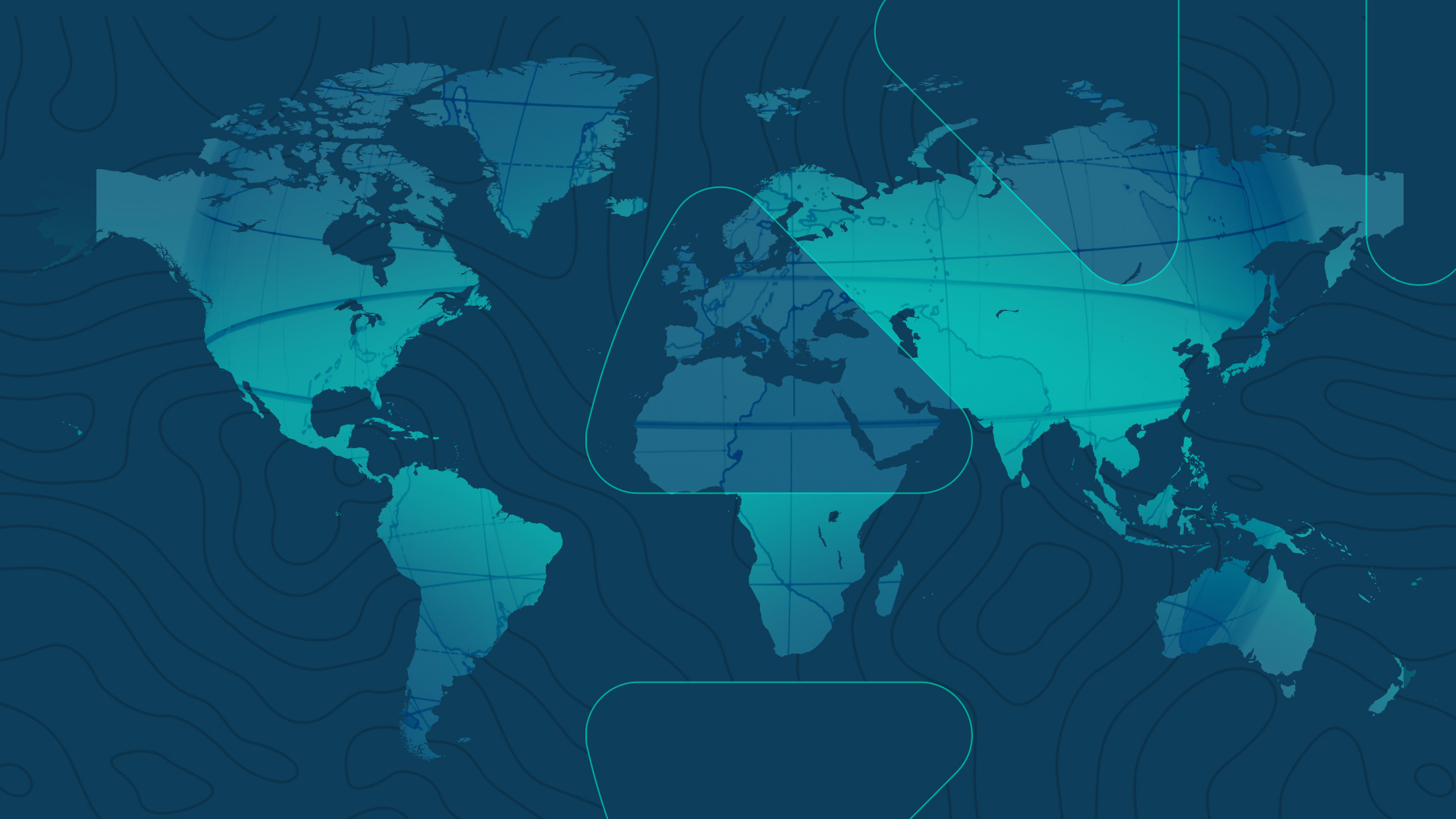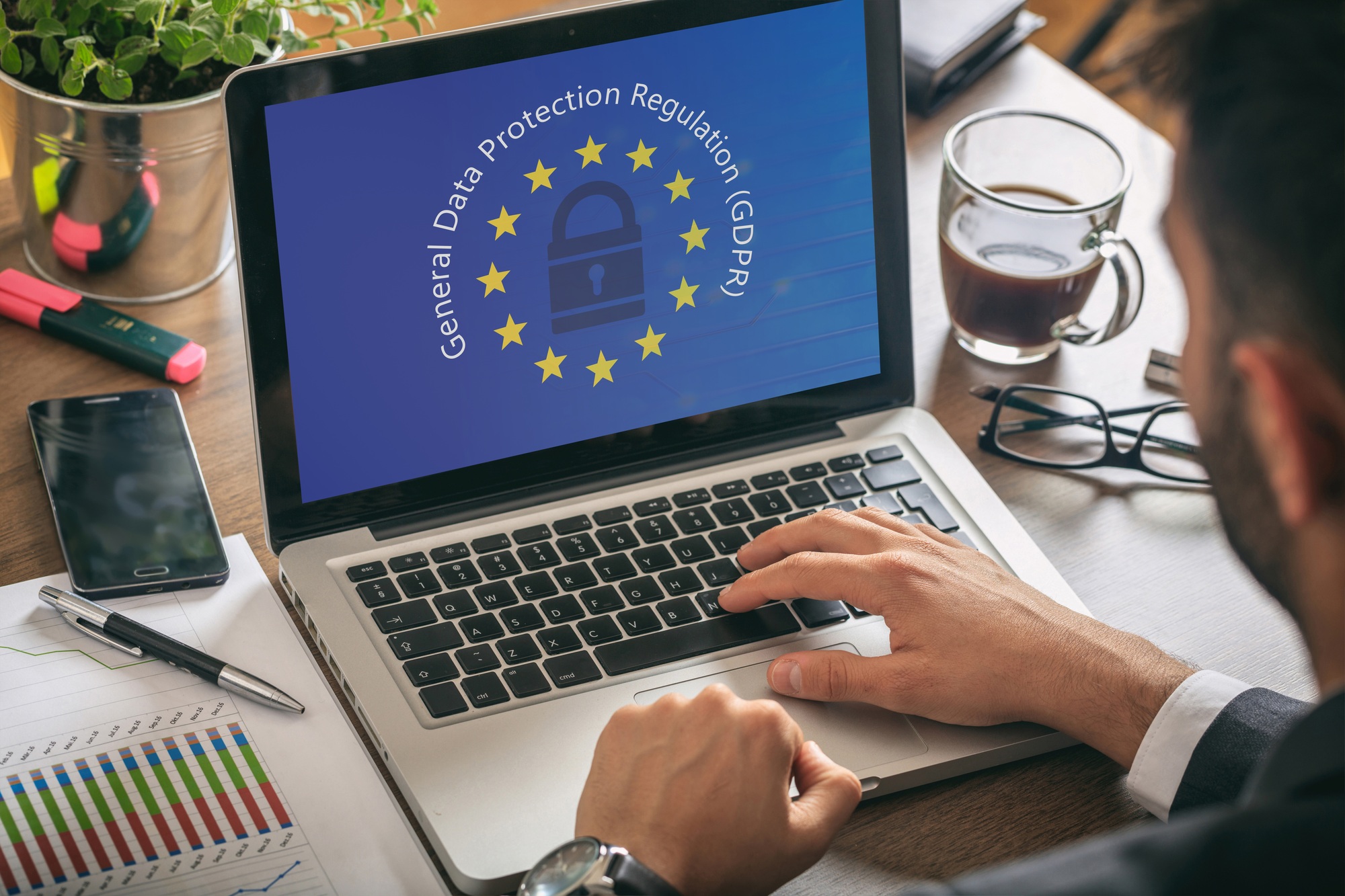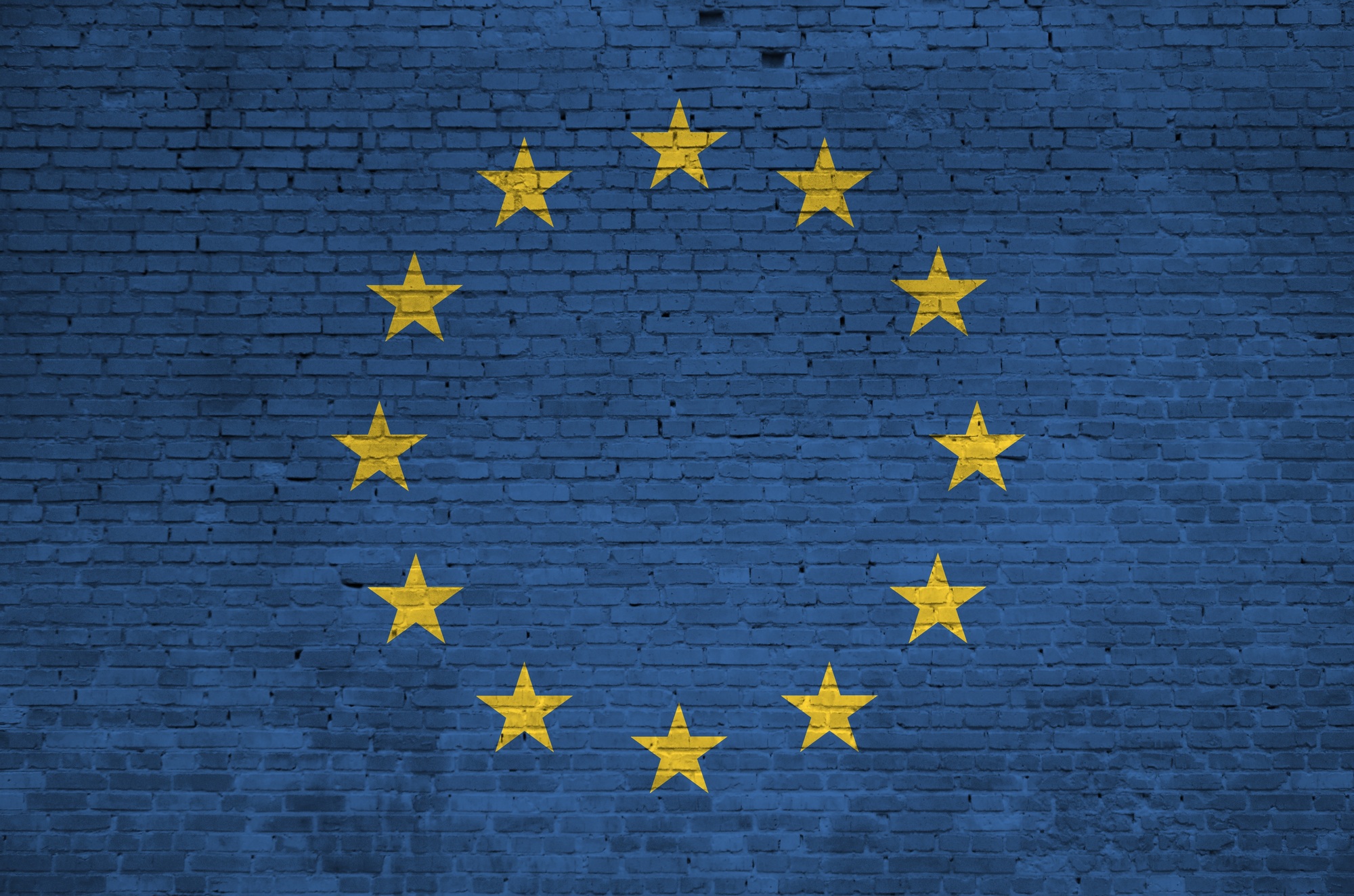ICANN opens request for proposal for 2026 round safeguard assessment orovider
ICANN has launched a request for proposal to select a provider that will conduct safeguard assessments for applied-for strings in the 2026 round of the New Generic Top-Level Domain Program. The selected provider will evaluate whether applications require risk-based public interest commitments before moving to contracting.










